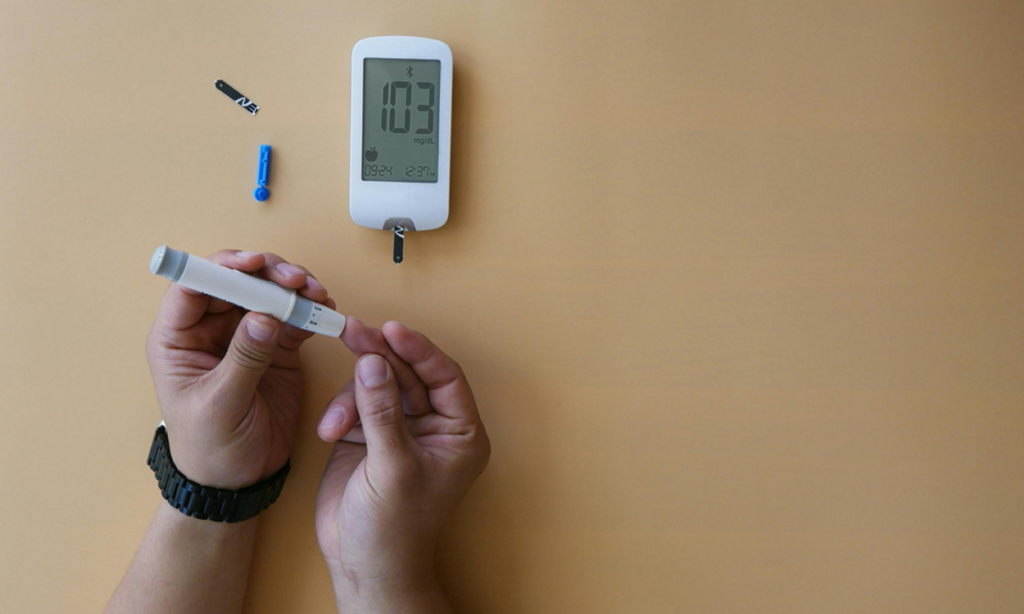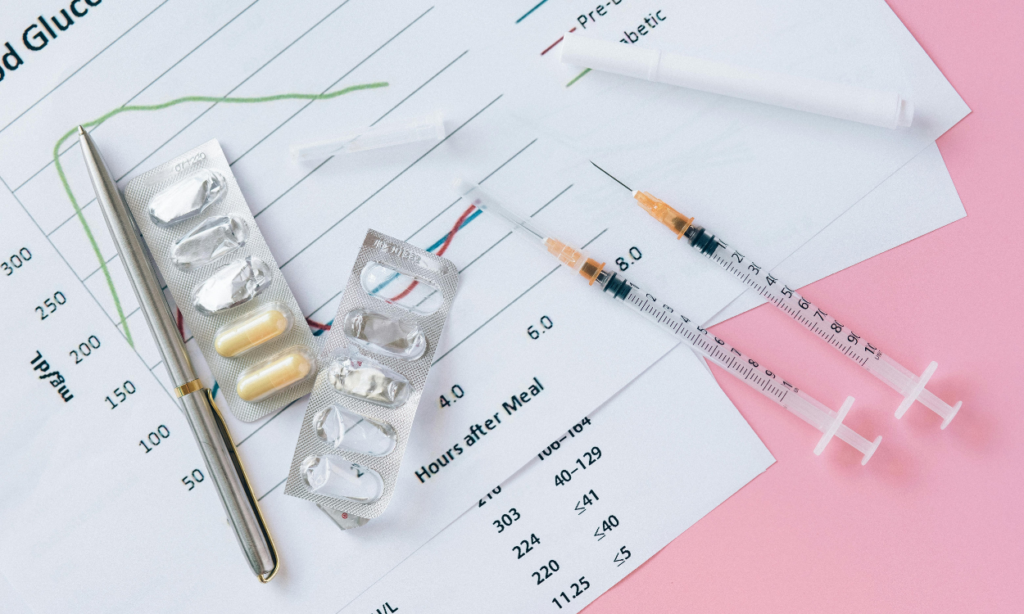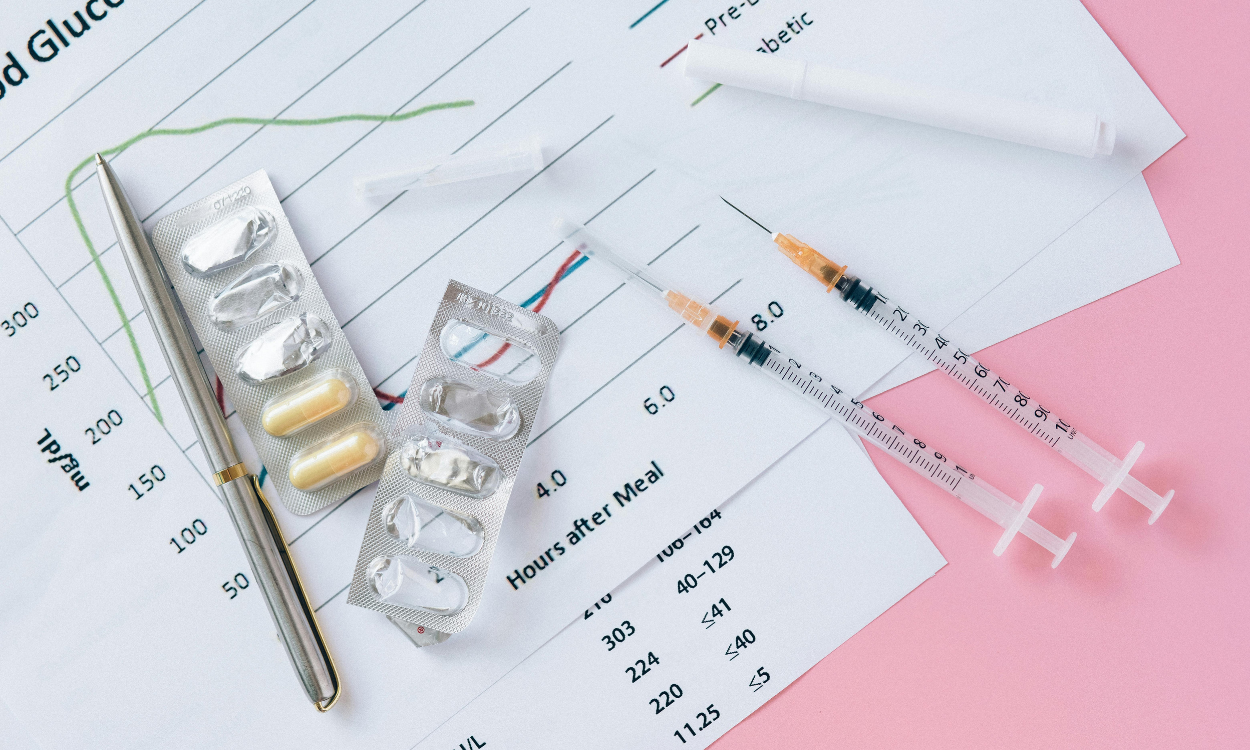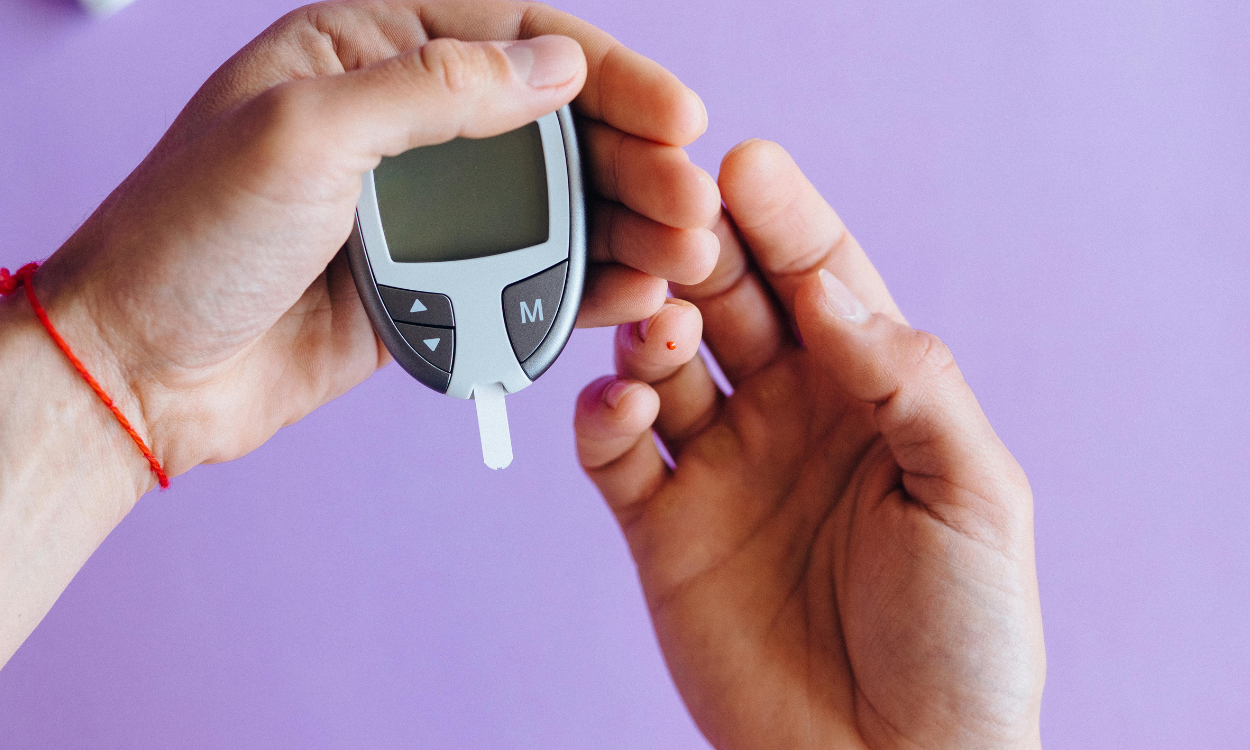Cholesterol Control: Essential Steps to Improve Your Heart Health
Maintaining healthy cholesterol levels is crucial for overall heart health. High cholesterol can lead to the buildup of plaque in the arteries, increasing the risk of heart disease and stroke. Effective cholesterol control is not just about managing symptoms but also about making lifestyle changes that support long-term heart health. This comprehensive guide provides essential steps to achieve optimal cholesterol control and improve your heart health.
Table of Contents
Understanding Cholesterol
Cholesterol is a waxy substance found in your blood that is necessary for building healthy cells. However, having high levels of cholesterol, particularly low-density lipoprotein (LDL) cholesterol, can be detrimental. LDL cholesterol is often referred to as “bad” cholesterol because it contributes to plaque formation in the arteries. Conversely, high-density lipoprotein (HDL) cholesterol is considered “good” because it helps remove LDL cholesterol from the bloodstream.

Essential Steps for Effective Cholesterol Control
1. Adopt a Heart-Healthy Diet
One of the most effective ways to manage cholesterol levels is through dietary changes. Focus on incorporating more fruits, vegetables, whole grains, and legumes into your meals. Foods high in soluble fiber, such as oats, barley, and beans, can help reduce LDL cholesterol levels.
In addition to increasing fiber intake, it is essential to reduce saturated and trans fats, which are known to raise LDL cholesterol levels. Avoid processed foods, fried foods, and fatty cuts of meat. Instead, opt for lean proteins like chicken, fish, and plant-based proteins. Including healthy fats, such as those found in avocados, nuts, and olive oil, can also support cholesterol control.
2. Increase Physical Activity
Regular physical activity plays a significant role in cholesterol control and overall heart health. Engaging in aerobic exercises like brisk walking, jogging, or cycling can help raise HDL cholesterol levels while lowering LDL cholesterol. Aim for at least 150 minutes of moderate-intensity aerobic exercise per week, or 75 minutes of vigorous activity.
In addition to aerobic exercise, incorporating strength training exercises, such as weight lifting or resistance bands, can further enhance heart health and support cholesterol management.
3. Maintain a Healthy Weight
Achieving and maintaining a healthy weight is another critical component of cholesterol control. Excess weight, particularly abdominal fat, can contribute to high cholesterol levels and increase the risk of heart disease. Even modest weight loss can have a positive impact on cholesterol levels and overall heart health.
To support weight management, focus on a balanced diet and regular physical activity. Avoid crash diets or extreme weight loss methods, as they can be unsustainable and potentially harmful.
4. Limit Alcohol Consumption

Excessive alcohol consumption can negatively affect cholesterol levels and contribute to heart disease. It is advisable to limit alcohol intake to moderate levels. For women, this means up to one drink per day, and for men, up to two drinks per day. If you have specific health concerns or conditions, consult your healthcare provider for personalized recommendations regarding alcohol consumption.
5. Quit Smoking
Smoking is a major risk factor for cardiovascular disease and can worsen cholesterol levels. Quitting smoking can improve your HDL cholesterol levels and reduce your risk of heart disease. If you need support in quitting, consider seeking advice from your healthcare provider or using smoking cessation programs and resources.
6. Monitor Your Cholesterol Levels
Regular monitoring of cholesterol levels is essential for effective cholesterol control. Your healthcare provider can perform blood tests to measure your cholesterol levels and assess your overall heart health. Based on the results, they can provide personalized recommendations for managing your cholesterol.
In some cases, medication may be necessary to achieve optimal cholesterol control. Statins, for example, are commonly prescribed to lower LDL cholesterol levels. However, medication should always be combined with lifestyle changes for the best results.
7. Manage Stress
Chronic stress can have a negative impact on cholesterol levels and overall heart health. Finding healthy ways to manage stress, such as through relaxation techniques, mindfulness, or engaging in hobbies, can contribute to better cholesterol control. Incorporate stress-reducing activities into your daily routine to support your overall well-being.
8. Get Regular Health Check-ups
Regular health check-ups are vital for monitoring cholesterol levels and assessing heart health. Your healthcare provider can help you develop a personalized plan for cholesterol control based on your individual health needs and risk factors. Regular check-ups also provide an opportunity to address any concerns and make necessary adjustments to your health plan.
Conclusion
Cholesterol control is a key factor in maintaining heart health and preventing cardiovascular disease. By adopting a heart-healthy diet, increasing physical activity, maintaining a healthy weight, limiting alcohol consumption, quitting smoking, and managing stress, you can take significant steps toward improving your cholesterol levels and overall heart health. Regular monitoring and consultations with your healthcare provider will ensure that your cholesterol control efforts are effective and tailored to your individual needs. Remember, achieving optimal cholesterol control is a continuous process that involves making positive lifestyle changes and staying committed to your heart health.
By following these essential steps, you can take charge of your cholesterol control and work towards a healthier, more vibrant life.





